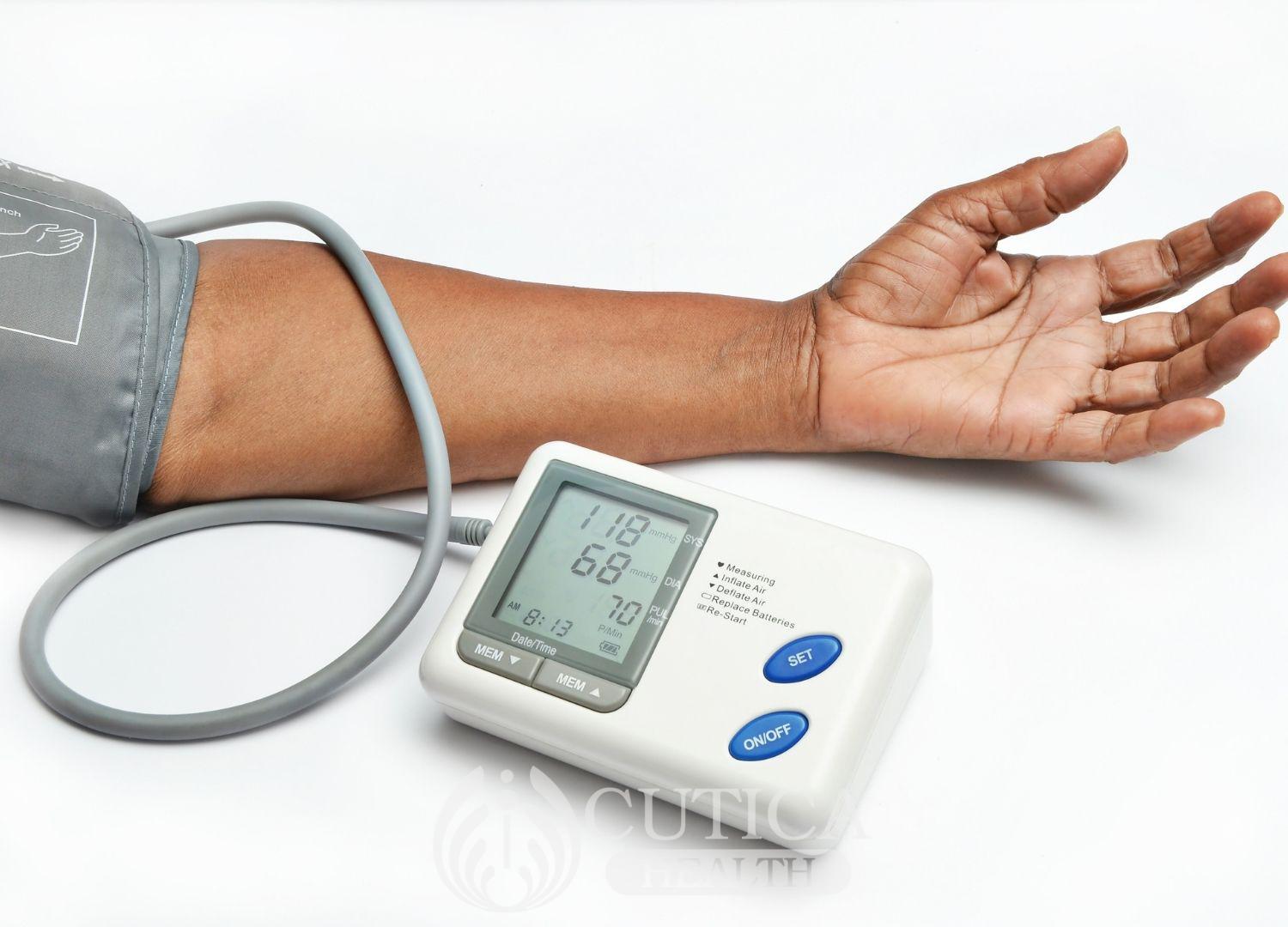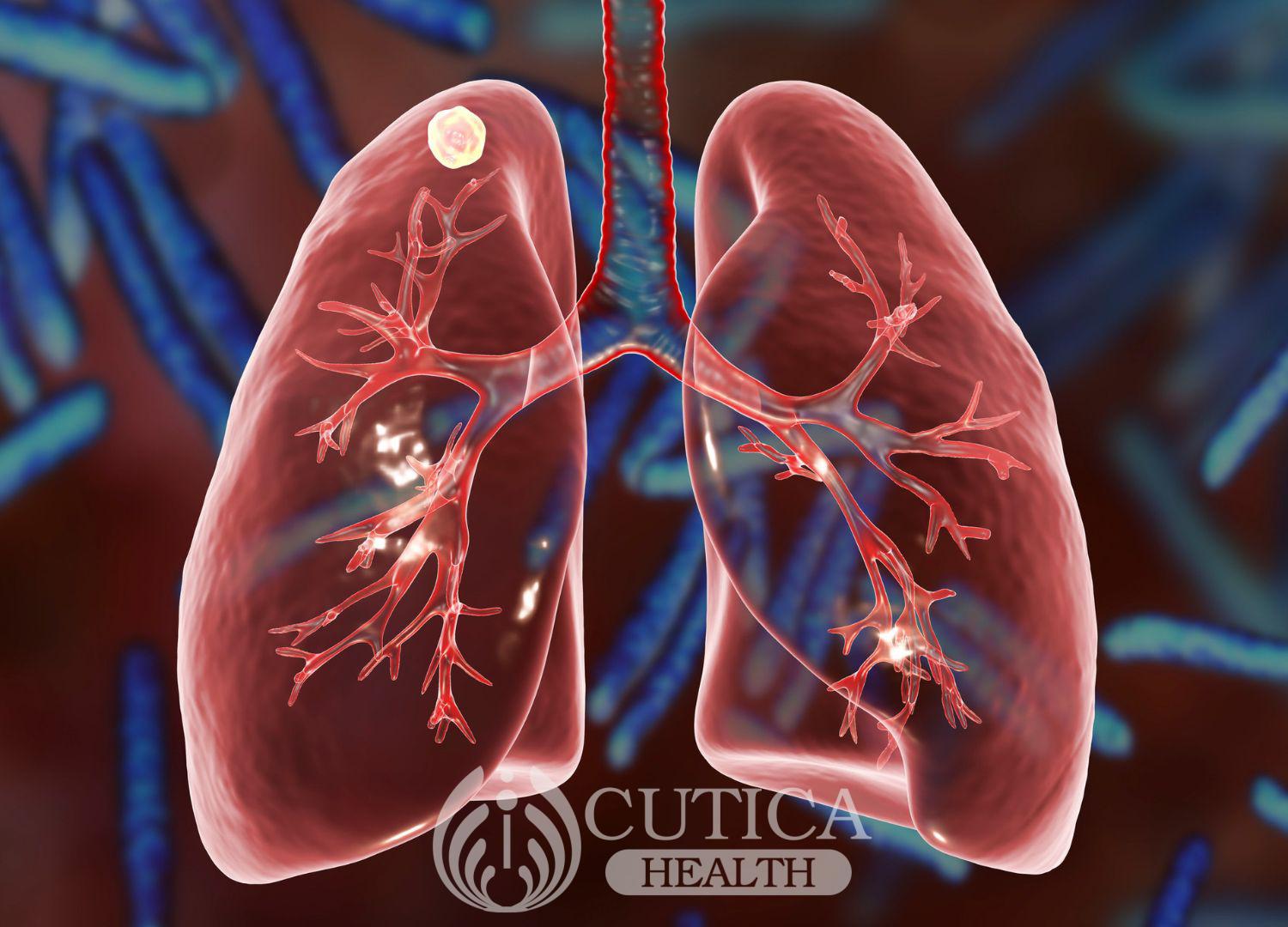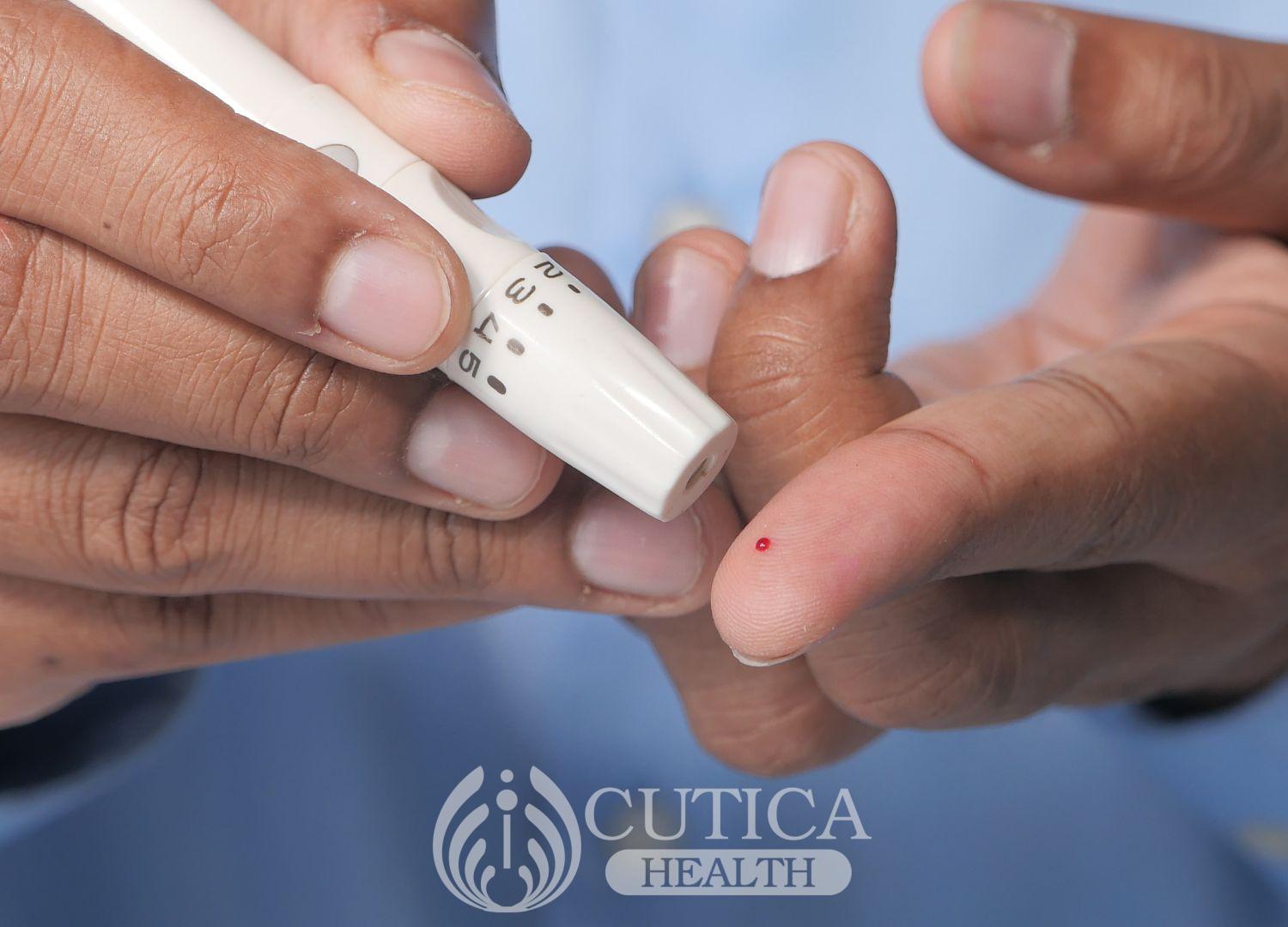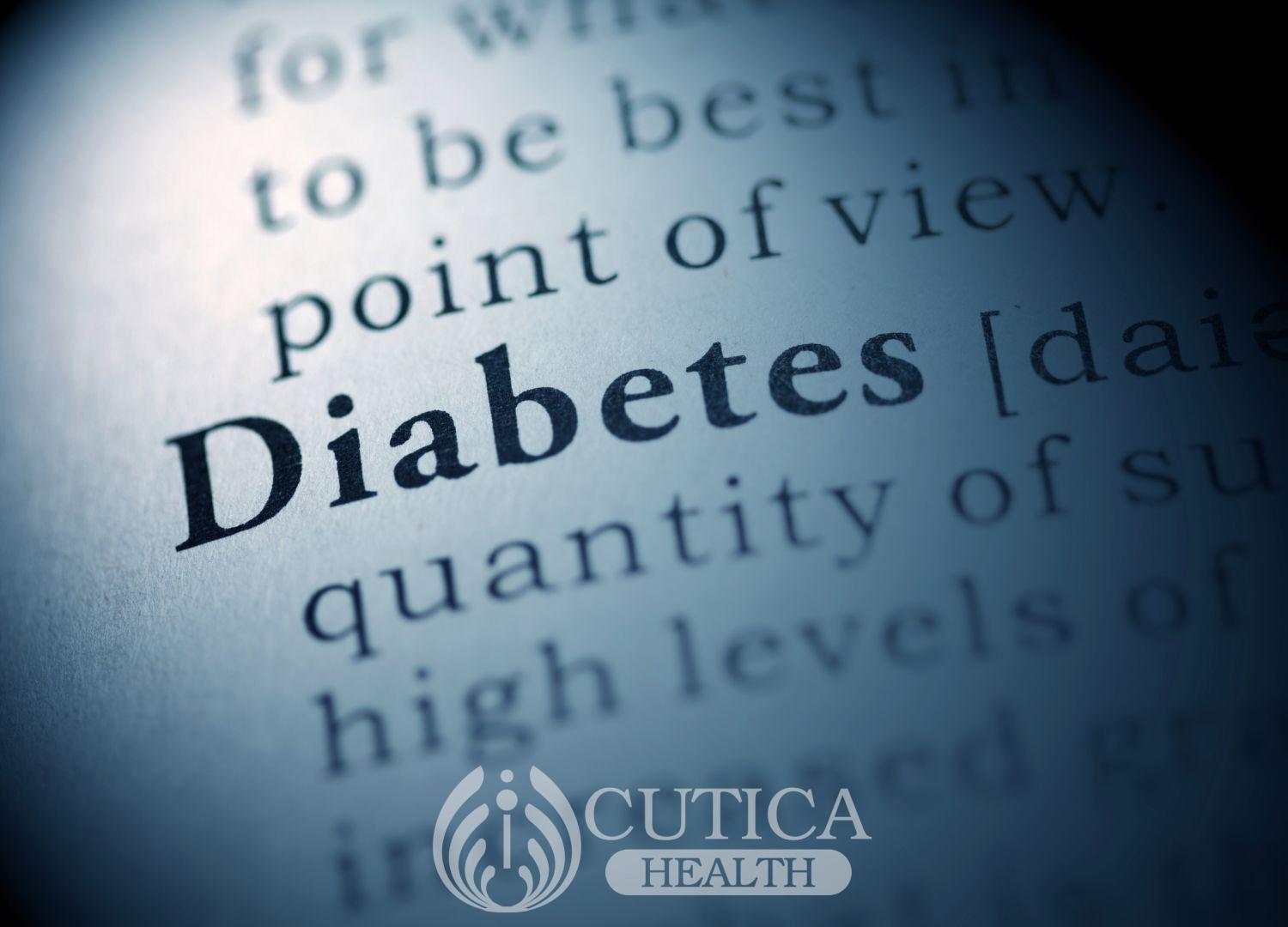
Stephen was a 43-year-old man who had been placed on some blood pressure drugs recently. But for the past few days, he noticed that he lacked energy for many things, his mouth felt as dry as the desert sand, and he had erection problems.
In addition, he experienced some headaches, lightheadedness, and constipation. At this point, he knew he had to report back to his doctor. It might just be side effects from whatever drugs he was taking.
Blood pressure medications: Function, Types
High blood pressure, also called hypertension, is a condition where the blood pipes or vessels are tensed up and tight. This implies that the heart has to do more work to get the blood out to the body organs through these pipes. Ultimately, this pressure could cause many fatal health issues such as stroke, heart attack, heart failure, and even kidney disease.

Thus, there is a need to treat high blood pressure early to prevent these health issues. Some of the common blood pressure-lowering drugs include:
1. Diuretics: Diuretics, such as Bendrofluthiazide and Furosemide, work by causing the kidneys to get rid of excess water and ‘salt’. This consequently causes a reduction in blood volume and causes the blood channels to “feel” less tensed up. Common side effects of this kind of blood pressure medications include increased urination, weak erection, joint pain, and dehydration.
These side effects do not happen in everyone who uses the drug and typically occur after prolonged use. Avoid this class of blood pressure drugs if you have allergic reactions to them or have certain kidney issues.
2. ACE Inhibitors: Angiotensin converting enzyme (ACE) inhibitors help relax the muscles in the walls of the blood vessels, which in turn, lowers the pressure within them. Examples of these drugs include benazepril, captopril, enalapril, fosinopril, moexipril, etc.

Common side effects of these drugs include rapid heartbeat, excessive hair growth, and a dry cough. You may also experience sudden dizziness upon standing if you use any of these drugs. Avoid this group of drugs if you are planning to get pregnant soon or you’re pregnant already as these medicines affect the health of your growing baby.
3. Beta-blockers: These medications act by causing the blockage of the fight-and-flight hormone called epinephrine or adrenaline. This hormone, when blocked, causes the blood pipes and the heart to feel less tensed up. Examples of beta-blockers include atenolol, carvedilol, labetalol, metoprolol, propranolol, etc.

Common side effects of this group of drugs include sleeping difficulties, drowsiness, and dry eyes. Although these side effects aren’t always present, they should not stop you from using the meds. However, if you have asthma or diabetes, avoid using this group of high blood pressure drugs as they could worsen these disease conditions.
4. Calcium channel blockers: The flow of calcium into the muscle cells of the blood vessels or pipes cause them to contract and tighten. One way of reducing your blood pressure if it is too high, therefore, is to block the flow of calcium into these pipes. Blood pressure-lowering drugs that do this are amlodipine, isradipine, nicardipine, nimodipine, levamlodipine, lercanidipine
Common side effects of these calcium-channel blocking medications include a fast heart rate, rashes, drowsiness especially upon standing, and ankle swelling. While these side effects may not necessarily make you stop using the drugs, speak to your doctor if you notice any of them. Nonetheless, you need to avoid this class of medications if you have been diagnosed with a very slow heart or if you’ve been diagnosed with heart rhythm problems in the past.
5. Alpha-blockers: These medications work through the same mechanism as beta-blockers by blocking the effect of the flight-and-fright hormones on the blood pipes. Some examples are silodosin, prazosin, doxazosin, etc.
Problems to expect when using these drugs are a drop in your blood pressure when you stand up from a sitting or lying position, sleep disturbances, tremors, and swollen legs and ankles. Avoid this group of drugs if you are breastfeeding or have a history of erection problems. Your doctor may also warn about these drugs if you have had kidney problems or cataract surgery.

Overall, these medications are very efficient at lowering your blood pressure when used correctly, barring some of the side effects. While some side effects are just harmless distractions, some should be taken seriously. Inform your doctor about all the symptoms you experience after starting these drugs. Your doctor may either adjust your dose or change the medication.












